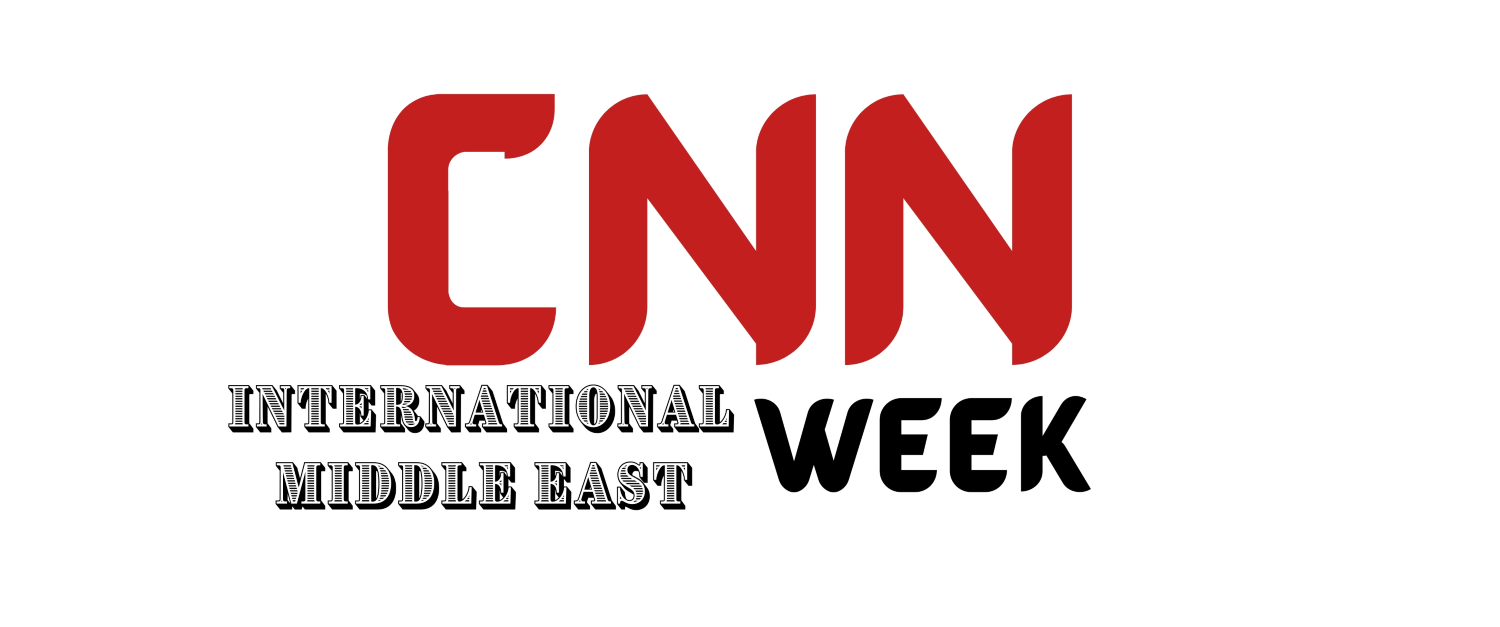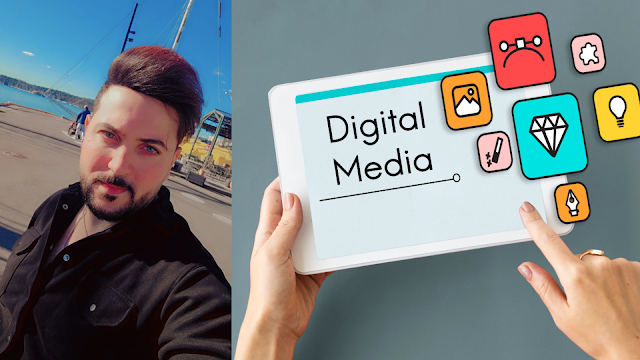In a digital era defined by viral dances, fleeting trends, and algorithmic manipulation, the landscape of online content creation often feels like a race to the bottom. Creators are rewarded for repetition, not reinvention. Substance is traded for spectacle. Authenticity, more often than not, is drowned beneath a tide of recycled memes and performative personas.
And yet, amid this chaos, there are exceptions — creators whose work transcends platform, whose voice defies commodification, whose content refuses to disappear once the screen goes dark. Mohamed Younes is one such exception. His journey from a comedic sketch performer to a cultural commentator has not only earned him devoted followers, but positioned him as a potential architect of the future Arab digital media landscape.
This article isn’t just a look at his content. It’s an attempt to answer a much bigger question: What does the future look like when it is shaped by creators like Mohamed Younes?
The Evolution of a Digital Voice
What makes Younes compelling is not merely his current success — it’s his trajectory. From humble, hand-held videos using basic editing tools to increasingly layered, socially aware, and emotionally resonant productions, his growth mirrors the growth of an entire generation of creators in the Arab world: a generation that is maturing from mimicry into mastery.
Younes didn’t enter the digital space with the aim of going viral. His early content — rooted in everyday Egyptian life, absurd domestic routines, and satirical commentary — was never about glamor or global trends. It was local, specific, unapologetically honest. Ironically, that’s what made it universal.
Now, several years in, the creator who once made people laugh with quick costume changes and exaggerated accents is making people think — about family, politics, gender, trauma, and identity. His comedic timing is still sharp, but the intentions have deepened. He is evolving from performer to storyteller, from content creator to cultural curator.
And the media world is taking notice.
From Platform-Bound to Platform-Defying
Mohamed Younes is not just popular on a social media platform — he is redefining what it means to be independent in Arab media. While mainstream networks continue to struggle with attracting younger audiences, Younes has succeeded in cultivating an entire digital nation that checks in daily, not out of obligation, but out of genuine connection.
This opens the door to a new kind of media presence: one that is platform-defying. Today’s creators often rely on TikTok, YouTube, or Instagram algorithms to reach viewers. But Younes’s influence is powerful enough to shift the audience’s center of gravity — people actively seek him out. That kind of loyalty can transcend platforms, turning followers into communities and creators into movements.
We’ve seen this before globally. Creators like Issa Rae, Bo Burnham, or Lilly Singh began online and reshaped mainstream media. Mohamed Younes has the capacity — and more importantly, the vision — to do something similar in the Arab world. He doesn’t need to follow in others’ footsteps. He’s paving his own.
Redefining Arab Masculinity Through Media
One of the most groundbreaking aspects of Younes’s work is his quiet but revolutionary deconstruction of Arab masculinity. In a region where emotional vulnerability in men is often stigmatized, his sketches portray male characters who cry, doubt themselves, seek therapy, question authority, and express care — not just bravado.
This is not accidental. Younes is part of a generational shift in the Middle East — one where young men are redefining their identities beyond outdated archetypes. Through comedy, he models a masculinity that is intelligent, humorous, flawed, nurturing, and self-aware.
And it’s working. His male followers — often the most resistant demographic to social change — are engaging with content about parenting, mental health, emotional communication, and the burden of cultural expectations. These conversations would have been unthinkable in mainstream Arab media a decade ago.
With every sketch, Younes chips away at centuries-old norms, not with lectures, but with laughter. This soft power, accumulated sketch by sketch, could one day result in deep cultural transformation.
Educational Potential: A Media Curriculum in Disguise
If you analyze the breadth of Younes’s content, a clear pattern emerges: his videos are not just entertaining — they’re pedagogical. He is, in essence, crafting a curriculum for cultural literacy.
His sketches teach:
Emotional intelligence through family dynamics.
Sociology through neighborhood gossip.
Psychology through inner dialogues and generational trauma.
Philosophy through existential humor.
Media literacy by satirizing television tropes and news rhetoric.
Imagine a future in which his content is archived, studied, and used in classrooms. It’s not far-fetched. In fact, some educators in Egypt and the diaspora have already begun using his sketches to spark classroom discussions on cultural identity, language, and generational conflict.
He is, in real time, building a living textbook — one more effective than most state-approved curriculum.
Economic Empowerment Through Independent Media
Another aspect of Younes’s impact is the economic model he represents. In a region where creative careers are often dismissed as unstable or unserious, he proves that it is not only possible but sustainable to earn a living through self-produced, culturally-rooted, audience-first media.
This empowers other young Arabs to believe in the viability of creative careers. Younes doesn’t just entertain — he inspires entrepreneurship. He represents an ecosystem where art and independence can coexist, where you don’t need a corporate sponsor or state approval to be successful.
His success story is a roadmap: start with what you know, speak your truth, respect your audience, and build slowly. The result is not just fame, but freedom.
What Comes Next?
Looking ahead, Mohamed Younes stands at a creative crossroads. The possibilities are vast:
Long-form storytelling: His short sketches could evolve into series, web-based dramas, or even feature films — grounded in the same humor and honesty that built his audience.
Publishing and writing: His insights into culture and identity could translate into memoirs, essay collections, or even fictional narratives.
Mentorship and collaboration: As he grows, he could open doors for younger creators, establishing collectives, workshops, or digital studios that foster new talent.
Media reform: With his influence, Younes could engage in policy and advocacy — pushing for more inclusive, diverse, and mentally healthy representations in Arab media.
In each of these futures, his core strength remains the same: his ability to connect with people. To see them. To tell their stories. To reflect them back to themselves — not as caricatures, but as characters.
The Legacy Already in Motion
It’s tempting to talk about legacy as something far in the future. But Mohamed Younes’s legacy is already underway. It lives in the way young people speak more openly. It echoes in homes where laughter now follows difficult conversations. It’s alive in the thousands of messages he receives from viewers who say, “You made me feel understood.”
In a world that constantly asks content creators to entertain without burdening audiences with “real” issues, Younes has chosen the harder path — the path of meaning. He has chosen to make us laugh and think. To make us reflect, not just react.
And that choice — again and again — is what sets him apart.
Final Words: A Future Worth Watching
As the Arab world grapples with questions of identity, modernization, tradition, and freedom of expression, figures like Mohamed Younes are more than influencers. They are interpreters. They translate the chaos of the present into something we can understand. And in understanding, we find the tools to reshape it.
His journey is far from over. But already, his work reminds us of the extraordinary power of storytelling — especially when it comes from someone who loves the people he’s telling it to.
The future of Arab media won’t just be built in boardrooms or by billion-dollar studios. It will be built, sketch by sketch, by voices like his — honest, humble, and hilariously human.


Comments